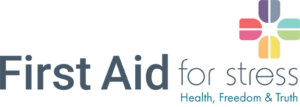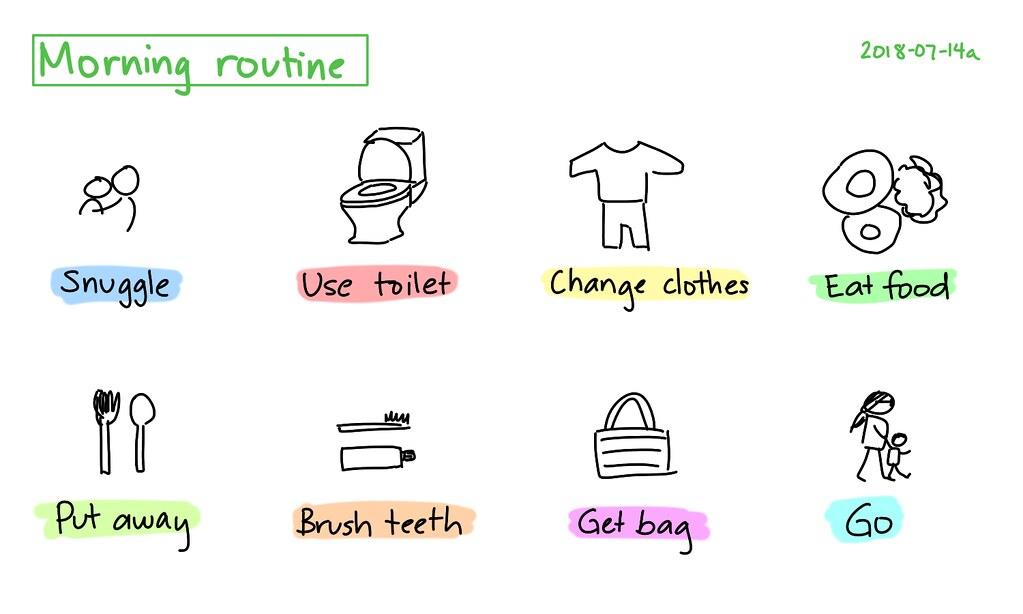Image Source: Flickr
Our days don’t stop when we hit the bed. In fact, our days continue long after we’ve finally closed our eyes. Whether you’re a night owl or a lark, you probably know how central a defined morning routine can be to getting your day off to the right start. The secret to a successful morning routine is to establish a few key habits that make your mornings feel more organized and productive. Even if your day doesn’t feel quite right, you’ll be able to set your mind straight with a little self-care. A morning routine establishes your routine and sets the tone for the whole day. Think of it as the foundation on which you build everything else. Here are some of the benefits you’ll get from having a morning routine.
You’ll Wake Up with a Purpose
Many of us have what we like to call “sleep days.” When we hit the pillow at night, we’re tired, but not necessarily super-focused on the concrete goals we should be working on during the day. This can lead to a feeling of inefficacy and procrastination. A routine can help you get out of this cycle. You’ve probably heard it before: mornings are for getting things done. When you wake up before everyone else, you’re in a unique position to get some work done. At this time of day, there’s still some light in the sky, but not so much that it’s distracting. You don’t have to worry about rushing out the door to get to an appointment. This is a great time to set up your calendar, organize your inbox, and get some tasks off your list. One thing you can do to stay motivated is to set a morning goal. For example, if your main task for the day is to write a blog post, your goal can be to have that completed by 10 a.m.
You’ll Be More Organized
Having a routine also helps you get more organized. Whether you have one specific time of day when you like to tidy up or simply have certain days when you find it easier to be organized, having a routine helps you get in the habit of being more organized. It’s easy to forget to organize yourself when you’re not in the habit of organizing yourself. If you’re the type of person who forgets to organize their office before they head to work, setting up a morning routine can help you get used to being more organized. You might also want to consider using a planner or calendar app on your phone to help you keep track of appointments and tasks.
How can I start my daily morning? You’ll Start the Day with a Clear Conscience
Another great benefit of having a morning routine is that you’ll have a clear conscience by the time the rest of the world has woken up. Ever go to bed with a feeling of guilt, thinking you should be doing something else? Having a morning routine can help you clear that conscience because you’ll know you’ve done something good for yourself by taking the time to scrub, shower, and get ready. You don’t have to spend an hour getting ready. In fact, you can even have a morning routine where you only get ready enough to get to work on time, or only get dressed when you need to go somewhere (like to the gym). This will help you clear your conscience and have a clear head for the day ahead.
What is the most successful morning routine? One in which you create more confidence!
Self-confidence is a huge factor in feeling good about yourself, and having a morning routine can help boost your confidence. As we’ve seen, mornings are the ideal time for getting things done and being more organized, and this can help build confidence. You’ll probably feel more confident if you approach the day with a positive mindset.
What can you do to boost your confidence?
Plan your day ahead: Start with setting your priorities and making a to-do list.
Start strong: Make sure to start every day with a strong stretch, breathing in and out slowly and consciously.
Break tasks down: If you find yourself with more tasks than you have hours in the day, break them down into smaller chunks.
Stay curious: Don’t feel like you have to know everything before you start. Try to approach every day with curiosity rather than fear.
Sleep well: Remember that sleep is important for boosting confidence and boosting energy.
Stay connected: Social media can give us a confidence boost, but being in touch with people in your real-life can boost your confidence.
You’ll Feel More Energized Throughout the Day
A good way to boost your energy levels is to stay hydrated. It’s important to remember that your body is made up of water, so it’s important to drink water regularly. The morning is a great time to drink water because it provides you with the energy your body needs to keep going throughout the day.
The morning routine can even be used to help boost your hydration because it’s a great time for recharging. If you’re using your morning routine to boost your energy levels, try drinking a glass of water on awaking AND another before you head out the door. This will help keep you energized throughout the day, while also helping you avoid dehydration.
Conclusion
If you’ve been thinking about creating a morning routine, the time is now. You’ll feel more confident and organized, and you’ll have a clear conscience when you leave the house. With these benefits in mind, you can bet that your mornings will feel more productive and enjoyable.


